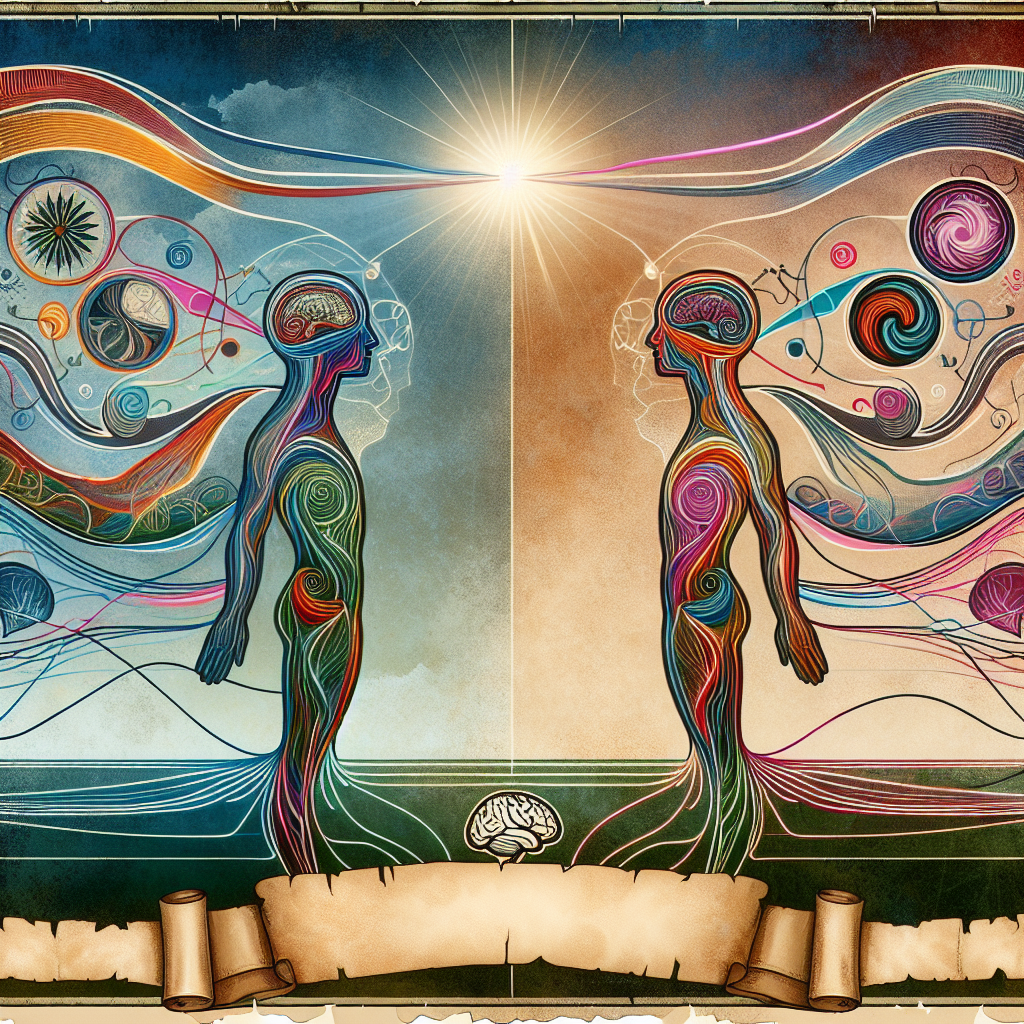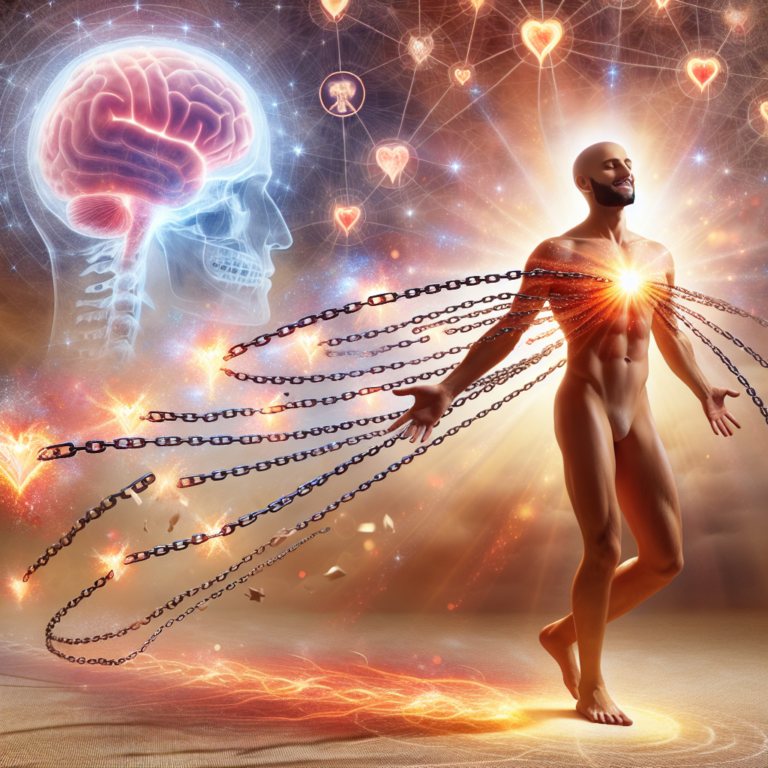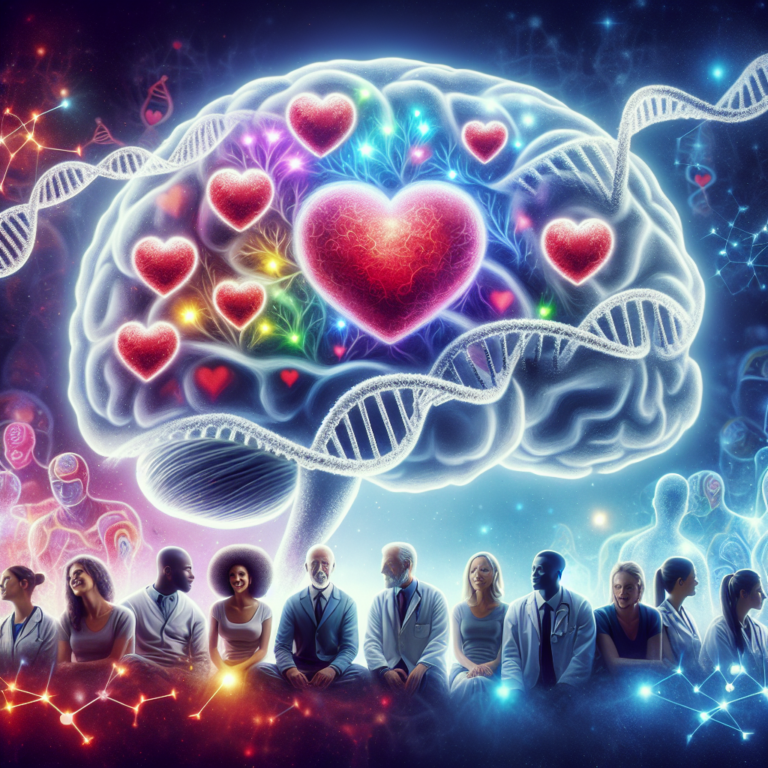
Introduction
In a world where digital interactions often overshadow face-to-face connections, the essence of human relationships remains crucial. Have you ever wondered why some people form deep, lasting friendships while others struggle to connect? The psychology of emotional bonds plays a significant role in our social lives, shaping our experiences, relationships, and overall well-being. Understanding The Psychology of Emotional Bonds: What Makes Us Feel Connected? can transform our interactions and help us nurture more profound connections with others.
What Are Emotional Bonds?
Defining Emotional Bonds
Emotional bonds are the psychological connections that we form with others, often characterized by feelings of affection, trust, and intimacy. These bonds can exist in various forms—between family members, friends, romantic partners, and even pets. They are fundamental to our social identity and dictate how we navigate our interpersonal relationships.
Types of Emotional Bonds
- Familial Bonds: The strongest, often formed in early childhood. They provide a sense of safety and belonging.
- Friendship Bonds: Built on shared experiences, mutual interests, and emotional support.
- Romantic Bonds: Characterized by passion, intimacy, and a desire for closeness.
- Pet Bonds: The emotional connections we forge with animals, offering unconditional love and companionship.
The Science Behind Emotional Bonds
Attachment Theory
Attachment theory, developed by John Bowlby and Mary Ainsworth, posits that early relationships with caregivers shape our ability to form emotional bonds later in life. It suggests that secure attachments created in childhood lead to healthier relationships in adulthood.
Table 1: Attachment Styles
| Attachment Style | Characteristics | Impact on Emotional Bonds |
|---|---|---|
| Secure | Comfortable with intimacy, able to rely on others | Forms stable, lasting relationships |
| Anxious | Overly preoccupied with relationships, often fear abandonment | May lead to dependency; can strain relationships |
| Avoidant | Value independence, often dismiss emotions | Tends to limit emotional expression and closeness |
| Disorganized | Fluctuation between anxious and avoidant tendencies | Creates chaotic relationships with significant trust issues |
Neurobiology of Connection
Emotional bonds are not just psychological; they have a neurobiological basis. Oxytocin, often referred to as the "love hormone," plays a pivotal role in bonding. Research indicates that oxytocin release promotes feelings of trust and empathy, enhancing our ability to connect with others.
The Role of Shared Experiences
Mutual Joy and Sorrow
Shared experiences are a vital element in forming emotional bonds. Whether celebrating a significant achievement or supporting a friend in tough times, the emotions associated with these moments foster connection.
Case Study: Shared Trauma in Military Units
In a study conducted on military units, soldiers who experienced traumatic events together exhibited stronger bonds than those who did not. The shared hardship created a unique camaraderie that reinforced their emotional ties, illustrating the profound impact of shared experiences on The Psychology of Emotional Bonds: What Makes Us Feel Connected?
Communication and Vulnerability
Open communication is essential for deepening emotional bonds. Vulnerability fosters trust, allowing individuals to express their true selves. It lays the groundwork for intimacy and belonging.
Case Study: Couples Therapy
In various studies observing couples in therapy, those who practiced open communication reported stronger emotional bonds. By addressing concerns and expressing feelings, partners became more attuned to one another, showcasing the significance of vulnerability in relationships.
Emotional Bonds and Social Support
The Power of Support Networks
Having a robust support system amplifies emotional bonds. Friends and family who provide encouragement, comfort, and understanding significantly enhance our resilience and emotional health.
Case Study: The Impact of Health on Relationships
Research shows that individuals battling chronic illnesses often experience stronger bonds with caregivers. The daily interactions and emotional labor contribute to deeper connections, demonstrating that emotional support is integral to The Psychology of Emotional Bonds: What Makes Us Feel Connected?
Reciprocity in Relationships
Balanced relationships foster healthy emotional bonds. When both parties actively contribute to and invest in the relationship, it cultivates mutual respect and understanding.
Table 2: Signs of Healthy Emotional Bonds
| Sign | Description |
|---|---|
| Open communication | Both parties are comfortable expressing thoughts and feelings |
| Mutual respect | Recognition of each other’s boundaries and opinions |
| Equal contribution | Both individuals invest time and effort into the relationship |
| Emotional availability | Willingness to be present and supportive during tough times |
Cultural Influences on Emotional Bonds
Individualism vs. Collectivism
Cultural context shapes how we form and perceive emotional bonds. Individualistic cultures may prioritize personal autonomy, while collectivistic cultures emphasize friendships and family ties. Understanding The Psychology of Emotional Bonds: What Makes Us Feel Connected? through these lenses can help us appreciate the diversity of relationships around the globe.
Case Study: Cultural Variations in Friendship
In Asian cultures, friendships often prioritize loyalty and community over individual preferences. In contrast, Western cultures may value openness and directness in friendship dynamics. This cultural disparity showcases how social norms impact the formation of emotional bonds.
Enhancing Emotional Bonds
Strategies for Fostering Connection
- Practice Active Listening: Showing genuine interest in others’ feelings can strengthen bonds.
- Share Experiences: Engage in activities together to create shared memories.
- Express Gratitude: Acknowledging others’ contributions fosters positivity and warmth.
- Embrace Vulnerability: Being open about your feelings can lead to deeper intimacy.
- Support Each Other: Be there during challenging times to build trust.
Conclusion
Understanding The Psychology of Emotional Bonds: What Makes Us Feel Connected? is crucial for nurturing our relationships. By delving into the scientific, psychological, and cultural dimensions of emotional connections, we gain valuable insights into how to enrich our lives and those of others.
Remember that the essence of emotional bonds lies in shared experiences, mutual support, and open communication. By prioritizing these facets, we can forge connections that bring warmth and fulfillment to our lives.
FAQs
1. What factors influence emotional bonds?
Factors include shared experiences, communication styles, attachment styles, and cultural influences.
2. How can I strengthen my emotional bonds with friends?
Invest time in shared activities, practice active listening, and express gratitude to create deeper connections.
3. Are emotional bonds only for romantic relationships?
No, emotional bonds exist in various relationships, including friendships, family ties, and even with pets.
4. How does trauma affect emotional bonds?
Trauma can either strengthen bonds (through shared experiences) or create barriers (if individuals withdraw), depending on various factors.
5. Can emotional bonds change over time?
Yes, relationships evolve based on personal growth, external circumstances, and communication changes, affecting emotional bonds.
In summary, embracing The Psychology of Emotional Bonds: What Makes Us Feel Connected? can fundamentally enhance our interactions and life experiences. By implementing the strategies and insights discussed, we can create bonds that enrich our lives and demystify the beautiful complexities of human connection.















